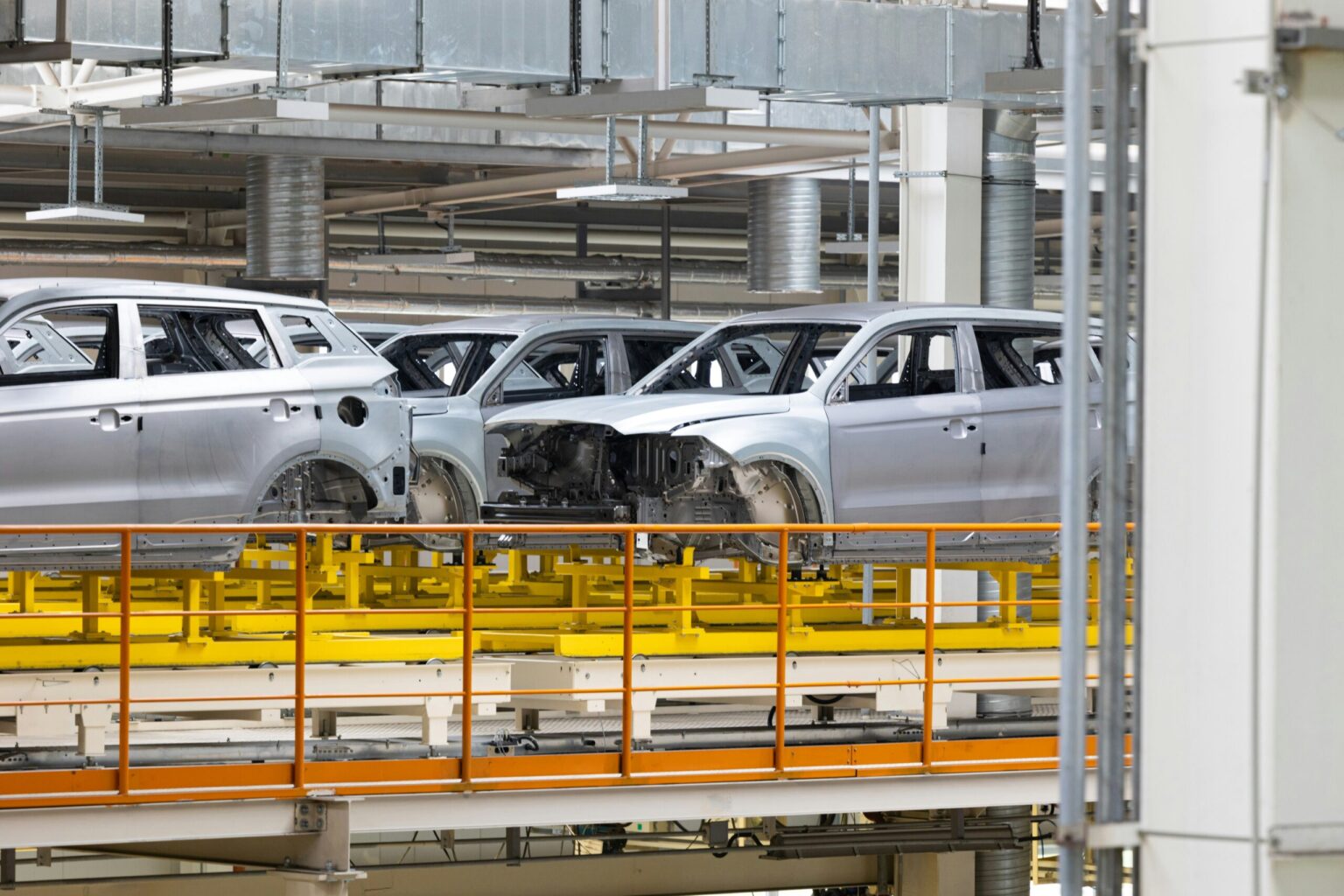The automotive industry is experiencing a dramatic shift toward electric vehicles (EVs), driven by a combination of government incentives, evolving consumer preferences, and the growing urgency to combat climate change. On July 28, 2024, major automakers like Ford, Volkswagen, and General Motors made bold announcements, unveiling multi-billion-dollar investments in electric vehicle production. These moves highlight the industry’s determination to embrace a future powered by electricity, with EVs at the heart of their long-term strategies.
Surge in Electric Vehicle Adoption
As EV adoption reaches new heights, the automotive sector is betting big on electric power to drive its future. Ford, for instance, has revealed a staggering $25 billion investment plan aimed at expanding its electric vehicle portfolio. This includes the development of electric trucks and SUVs, set to enter the market by 2026. Similarly, Volkswagen, already a significant player in the EV market, disclosed plans for a $20 billion investment in expanding its EV production capabilities across Europe and North America.
The acceleration in EV adoption is largely due to improving technology. Consumers are increasingly drawn to electric vehicles due to advances in battery life, shorter charging times, and more competitive pricing. In 2024, global EV sales hit record numbers, with nearly 15% of all vehicles sold worldwide being electric, a sharp increase compared to previous years. This shift is a clear indication of consumer demand for cleaner, more sustainable transportation options.
Government Incentives Fuel Industry Growth
Governments worldwide are playing a pivotal role in pushing the transition to electric vehicles. In the U.S., the Biden administration has committed billions of dollars in subsidies to accelerate EV production and expand the necessary infrastructure. These efforts include tax credits for consumers purchasing electric cars, as well as grants and rebates aimed at automakers to help facilitate their transition to producing cleaner vehicles.
European governments have also introduced incentives to support the EV industry, offering rebates and funding for automakers to shift towards electric models. These incentives are crucial in reducing the overall cost of EV ownership, making them a more viable option for a wider consumer base.
Challenges in the Transition to EVs
Despite the rapid growth in electric vehicle production, challenges remain. The automotive industry is facing supply chain concerns, particularly the scarcity of raw materials like lithium and cobalt, which are essential for EV batteries. These shortages could impact production timelines and the overall cost of manufacturing electric vehicles.
Additionally, the global network of EV charging stations is still underdeveloped, especially in rural areas and less densely populated regions. The lack of widespread charging infrastructure continues to be a barrier to widespread EV adoption, even as automakers increase their focus on electric models.
A Sustainable Future
The shift to electric vehicles is not just a business opportunity for automakers but a critical step in addressing the environmental impact of the automotive industry. The transportation sector is one of the largest contributors to global greenhouse gas emissions, and the transition to electric vehicles is expected to significantly reduce the carbon footprint of the industry.
While obstacles such as supply chain issues and charging infrastructure need to be addressed, the momentum behind EV production is undeniable. With major automakers now fully committed to electric innovation, the future of the automotive industry is clearly electric. This transformation will shape consumer behavior and industry dynamics for years to come, providing a sustainable and environmentally-friendly path forward for global transportation.
